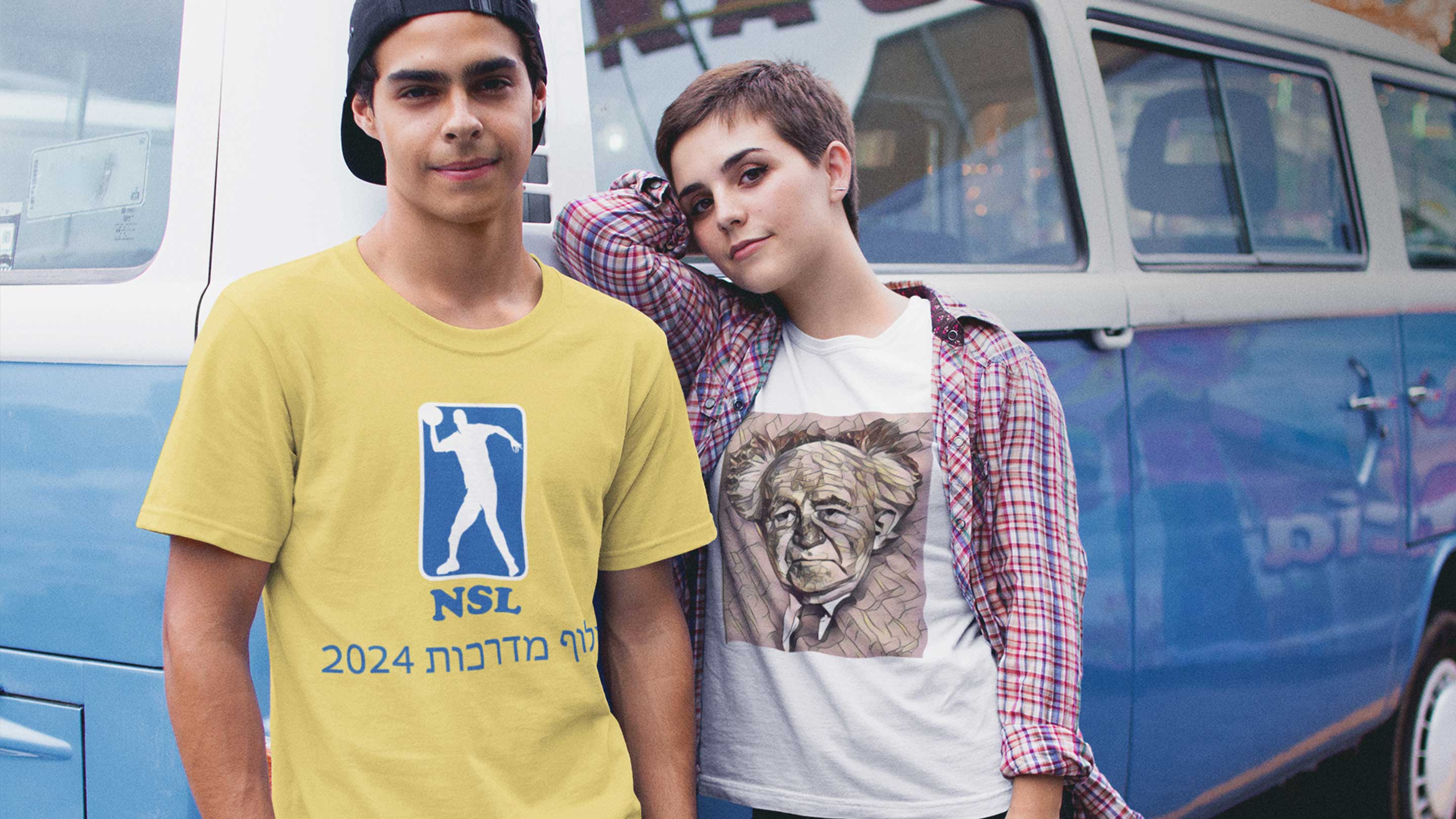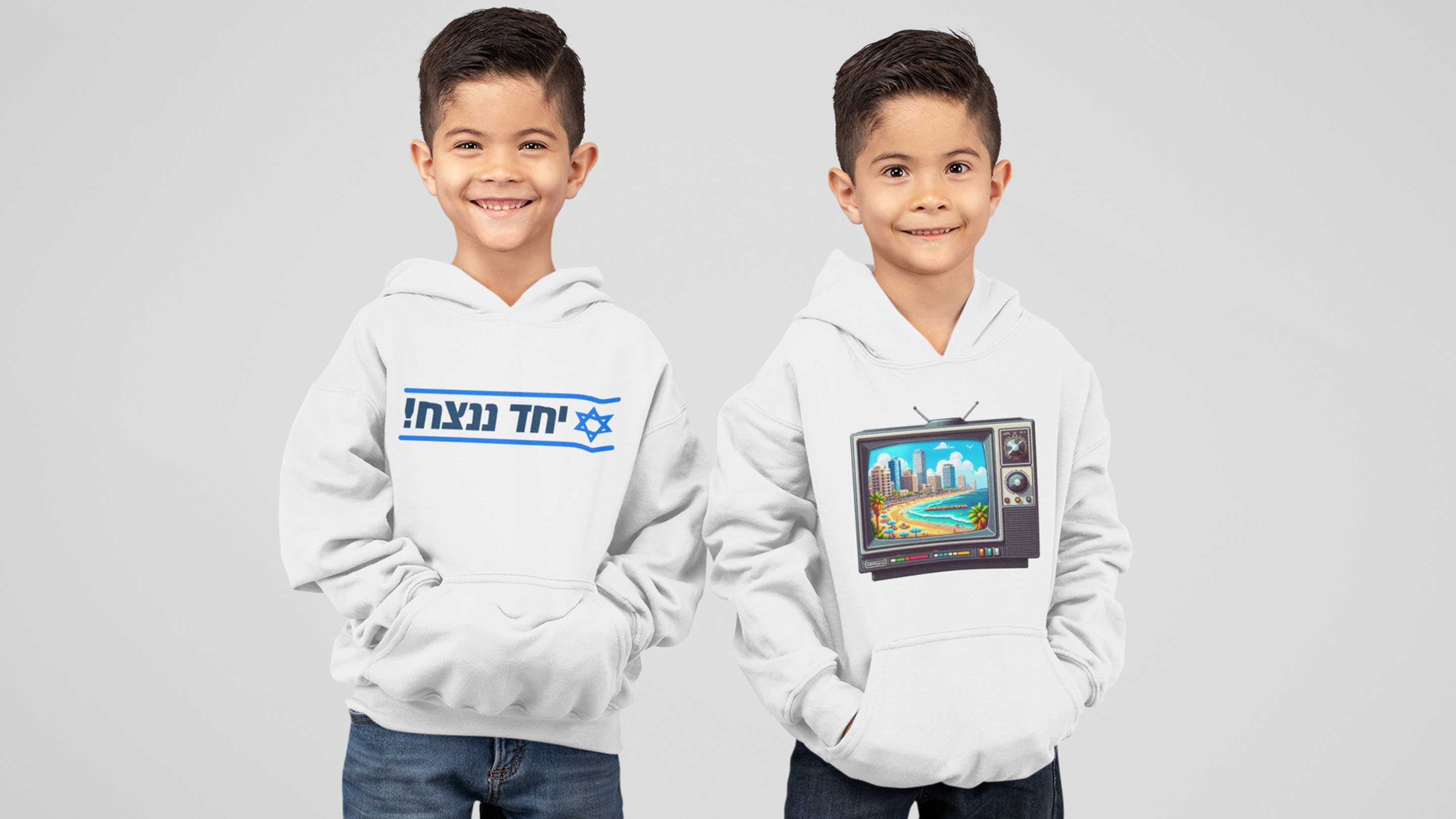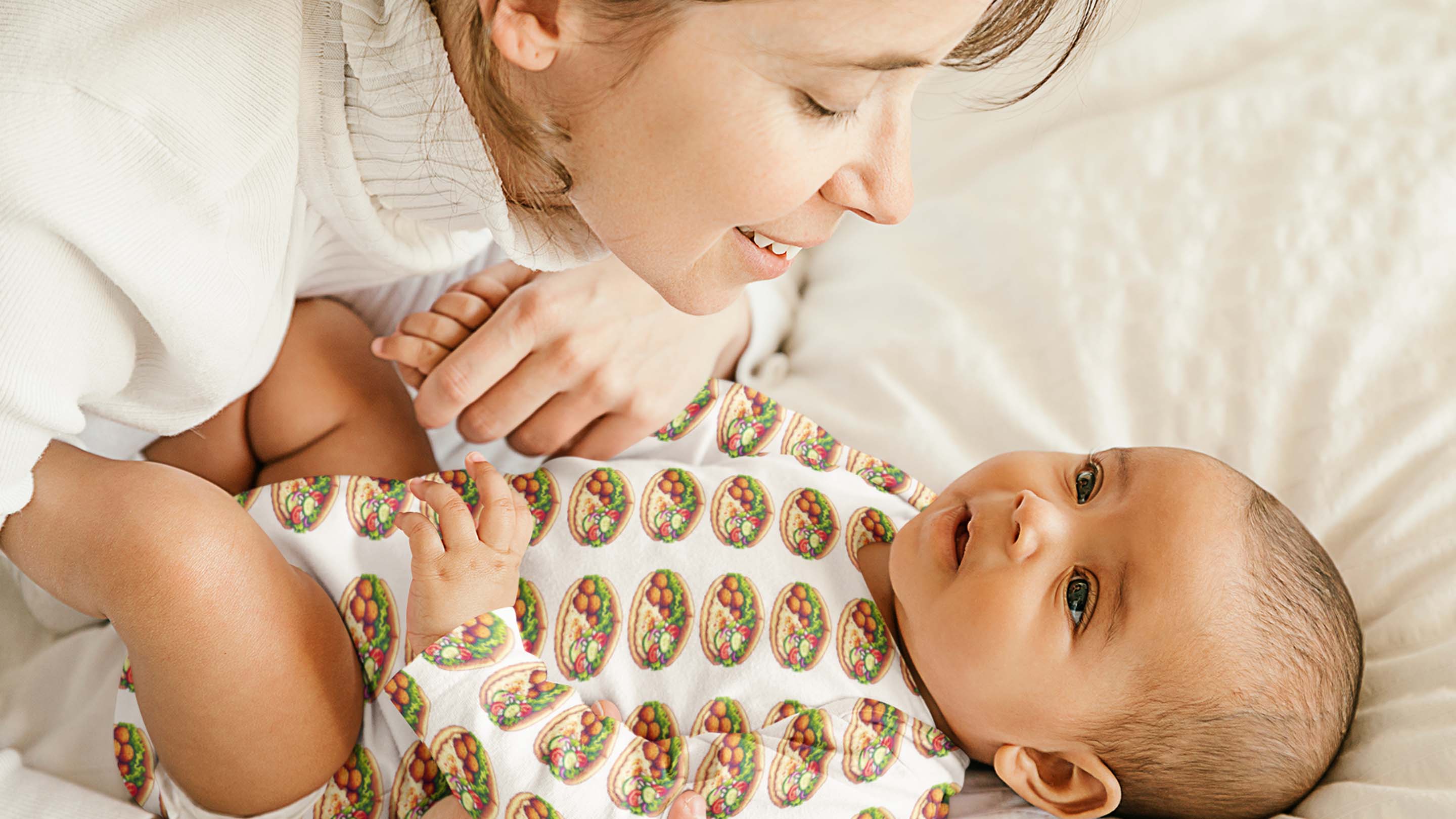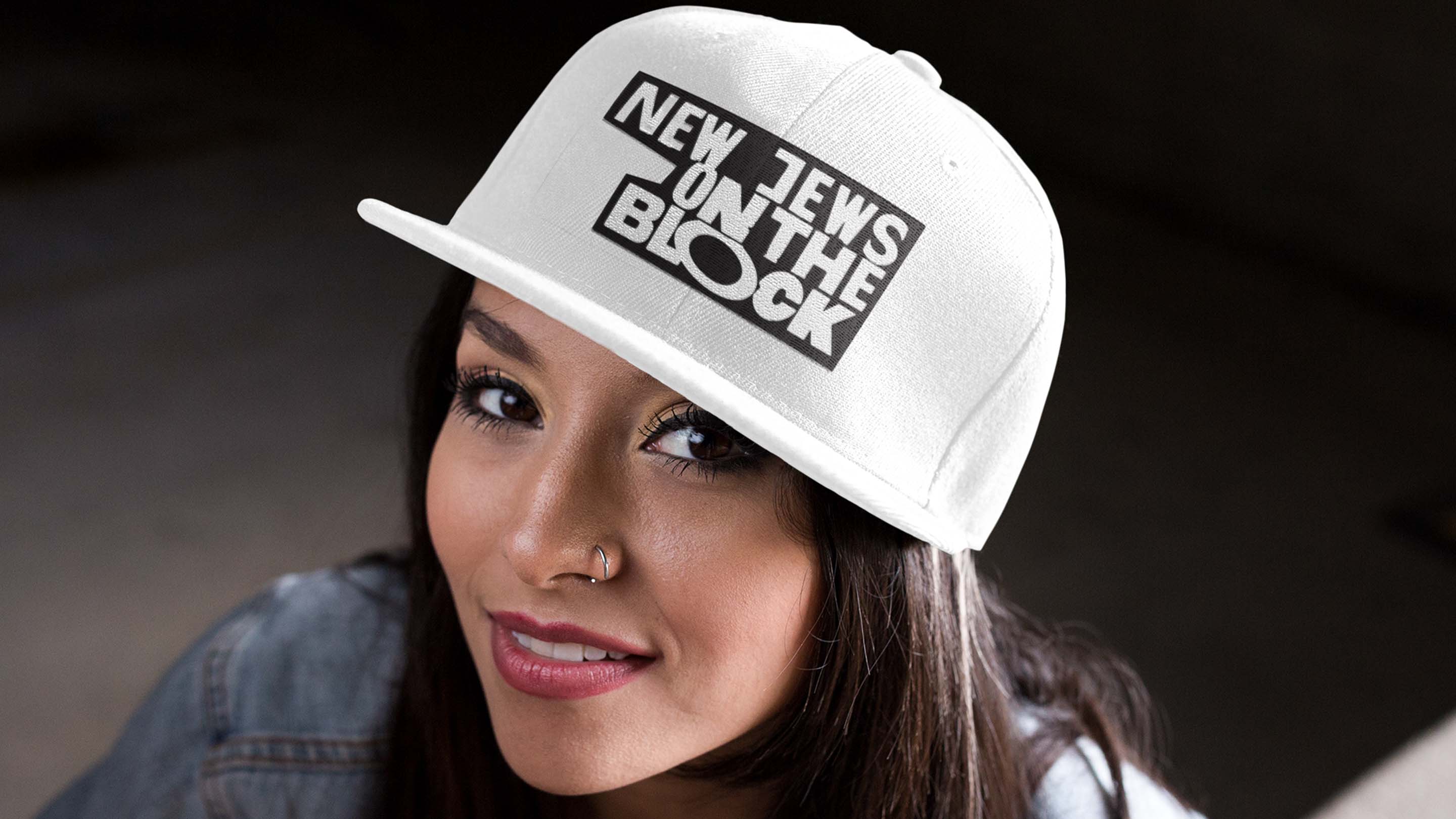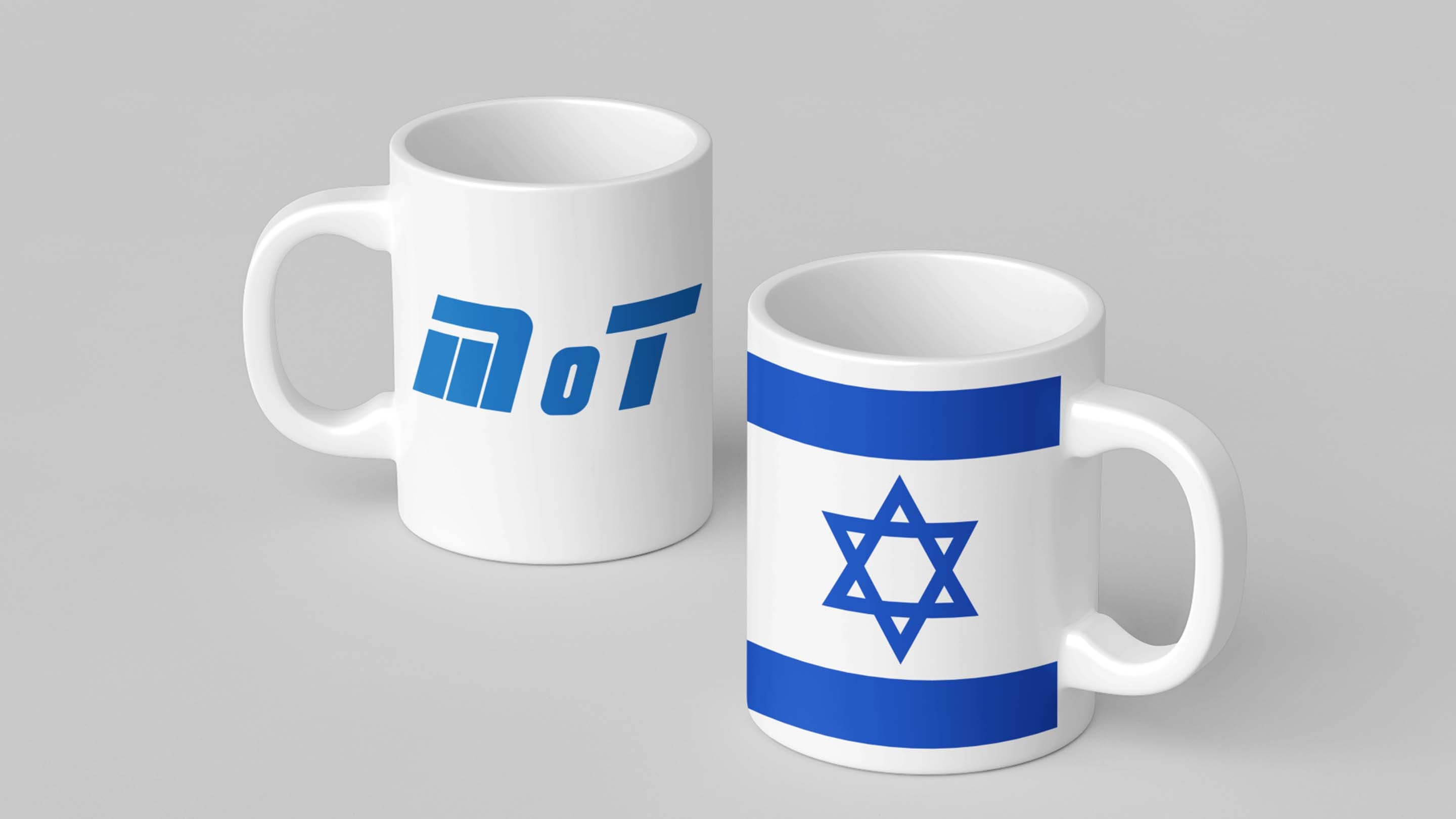The Emotional Weight of the Gaza War: What It Means for Jews Around the World
When war erupts in Gaza, it doesn’t stay confined to the region. Its impact crosses borders, continents, and communities—especially for Jews around the world. It’s not just a geopolitical conflict. It’s deeply personal.
Whether you’re in New York, Paris, Berlin, or Melbourne, the Gaza War brings a complex wave of grief, fear, isolation, and inner conflict for many Jews. The emotional toll is heavy, and it’s often carried in silence.
1. The Grief Is Layered
Jewish communities feel intense pain when innocent lives are lost—on any side. Watching civilians in Gaza suffer is heartbreaking. Seeing Israeli families under rocket fire or mourning kidnapped loved ones evokes trauma—both present and generational.
The grief is layered:
-
For Israeli lives lost or threatened
-
For Palestinian civilians caught in the crossfire
-
For the sense that peace feels farther than ever
2. A Global Rise in Antisemitism
Whenever tensions escalate in the Middle East, antisemitism tends to spike globally. Synagogues are vandalized. Jewish students are harassed. Public support for Israel—however nuanced—can become a reason to be targeted.
This leads to fear and isolation:
-
Parents are scared to send their kids to Jewish schools.
-
Teenagers hide their Star of David necklaces.
-
Jewish-owned businesses face boycotts or online attacks.
It’s not fear of debate—it’s fear of dehumanization.
3. Identity Becomes a Burden
Many Jews are unfairly expected to answer for Israel’s policies, regardless of their personal beliefs. There’s pressure to pick a side in a binary narrative—pro-Israel or pro-Palestinian—when most people just want peace for both.
This emotional burden is exhausting:
-
You’re told to denounce or defend, when you’re still processing your own grief.
-
You’re accused of being heartless or brainwashed, when all you feel is pain.
Jews who oppose certain Israeli actions still face hatred for simply being Jewish. And those who support Israel’s right to defend itself are often vilified. It’s a lose-lose situation emotionally.
4. Trauma Reawakened
For many Jews, images of kidnapped civilians, bomb shelters, and mass funerals bring up inherited trauma—from pogroms, the Holocaust, and previous wars. The fear of being hated for simply existing is not abstract. It’s historical. It’s lived.
5. And Yet, There Is Strength
In the midst of it all, Jewish communities show extraordinary strength:
-
Gathering for vigils
-
Donating to humanitarian causes
-
Supporting one another through fear and confusion
-
Refusing to let hatred define Jewish identity
This is not resilience born of comfort—it’s resilience born of necessity.
How to Cope and Support
💬
Talk About It
Give space to Jewish voices—even those still processing. Avoid demanding clarity or political statements. Let people feel what they feel.
🤝
Offer Solidarity
If you’re not Jewish, now is the time to check in. Ask your Jewish friends how they’re doing—not just what they think. Show you care without requiring them to debate.
🧠
Prioritize Mental Health
Therapists, rabbis, and support groups play a crucial role. Don’t underestimate the impact of communal grief. Seeking help is not weakness—it’s survival.
✡️
Be Proud, Be Visible
Whether it’s wearing a Magen David, supporting Jewish businesses like EmohTee.com, or simply saying “Am Yisrael Chai,” small acts of Jewish pride can be healing and powerful.
Final Thought
The emotional weight of the Gaza War is not just about politics—it’s about people. About pain. About complexity. And about the challenge of carrying grief while still standing tall in your identity.
You don’t have to have all the answers. You don’t have to speak perfectly. But you do have to let yourself feel—and let others feel too.
Because being human matters more than being right.
And in times like these, compassion is the only thing that truly wins.
